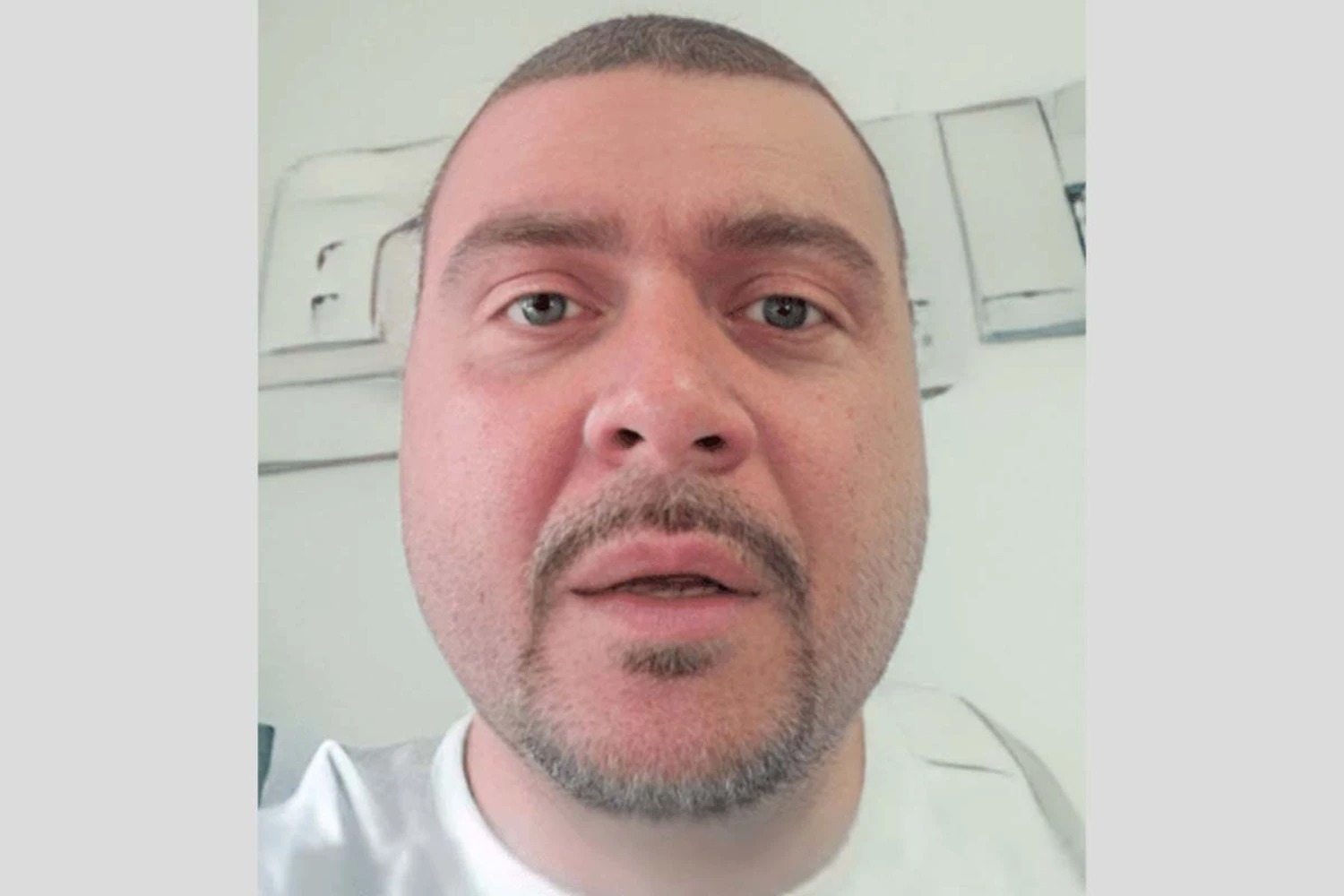After serving 25 years in prison for a murder conviction, José Tinajero has been released as a Chicago judge overturned his and another man’s convictions last week. Tinajero expressed the challenges of reintegration into society, noting discomfort during a shopping trip where he felt people were staring at him.
He emphasized the desire to spend time with his family, making up for the lost years, and focusing on supporting them through work. In 1999, Tinajero and Thomas Kelly were arrested for the murder of Daniel Garcia, and both alleged that they were coerced into false confessions by Reynaldo Guevara, then a Chicago police detective.
Guevara has been accused of falsely incriminating numerous individuals, with 40 people exonerated in cases related to him. Investigations into Guevara’s actions have prompted settlements totaling over $288 million for wrongful convictions in Chicago since 2010.

A Chicago Latino (Credits: NBC News)
Cook County State’s Attorney Kim Foxx initiated an investigation into Guevara’s convictions from the 1980s and 1990s in August 2022, acknowledging the need to rectify past injustices.
Approximately 32 lawsuits filed by exonerated individuals accusing Guevara of misconduct, including witness tampering and coerced confessions, are still pending.
Joel Flaxman, Tinajero’s lawyer, highlighted the significance of the case in rectifying injustices related to Guevara. The National Registry of Exonerations revealed that Guevara’s case is among the worst analyzed in recent years, involving misconduct such as incriminating individuals based on personal grudges or threats.
Tinajero expressed his discontent with serving 25 years in prison due to corruption in the justice system. His defense attorney challenged the reliability of eyewitness identification influenced by Detective Guevara, but the conviction persisted.
Tinajero, along with others exonerated in Guevara-related cases, is exploring options to sue the city of Chicago for damages. Flaxman called for a change in how Chicago allocates resources, urging the city to stop spending millions on defending indefensible cases and instead compensate victims of egregious misconduct.
With more than half of the nearly 3,500 exonerations since 1989 attributed to police or prosecutorial misconduct, there is a growing call for accountability in cases involving coerced confessions, withheld evidence, false testimony, and other wrongful conviction factors.
Tinajero expressed a desire for improvements in the justice system and emphasized that corrupt officers should face consequences beyond retirement and pension, echoing the sentiment of wanting them to experience the challenges he endured in prison.
The National Registry of Exoneration databases reveal that 60% of cases involve people of color, with 395 Latino individuals wrongfully convicted and exonerated since 1989.
























